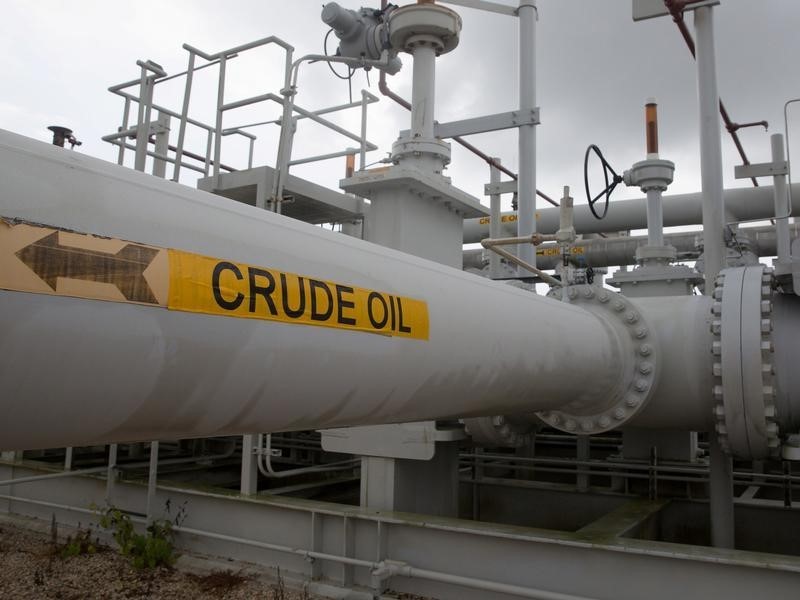Investing.com -- Oil prices settled higher Monday as concerns about a supply surplus were eased after Russia said it would make deeper crude export cuts, and attacks by the Houthis on ships in the Red Sea (NYSE:SE) stoked worries about supply disruptions.
By 14:30 ET (14.30 GMT), the U.S. crude futures settled 1.5% higher at $72.47 a barrel and the Brent crude contract climbed 1.8% higher at $77.95 a barrel.
Both benchmarks posted small gains last week, breaking a run of seven losing weeks, after a U.S. Federal Reserve meeting last week raised hopes of interest rate cuts next year.
Tankers seek to avoid Suez canal
A Norwegian-owned vessel was attacked in the Red Sea on Monday, adding to the series of missile and drone attacks on ships in the area by the Iran-aligned Yemeni Houthi militant group, which it claims are a response to Israel's assault on the Gaza Strip.
This has prompted a number of shipping firms to say over the weekend that they would avoid the region, meaning they would have to take the much longer route around the Cape of Good Hope to avoid the Suez canal.
Oil major BP (NYSE:BP) also stated that it will pause all shipments through the Red Sea, "in light of the deteriorating security situation for shipping," adding it would "keep this precautionary pause under ongoing review."
Russia to deepen oil supply cuts
The crude market had already started the new week with gains after Russia said on Sunday it would deepen oil export cuts in December by potentially 50,000 barrels per day or more.
The world's biggest exporters, led by Saudi Arabia and Russia, have been attempting to curb supply into the global market in an attempt to support oil prices.
However, the last meeting was widely seen as underwhelming given the output cuts were voluntary in nature, growing dissent within the Organization of Petroleum Exporting Countries and allies, a group known as OPEC+, over the policy.
Additionally, bad weather had already resulted in Moscow suspending about two-thirds of loadings of its main export grade Urals crude on Friday, meaning Sunday’s announcement could be just a repackaging of the storm-related outage.
While fewer barrels of Russian oil hitting the market helped ease concerns about a supply surplus, non-OPEC production, led by the U.S., which reported a monthly record production level in November, is expected to keep a lid on oil prices.
Goldman Sachs (NYSE:GS) cuts Brent price forecast on supply surplus concerns
Goldman Sachs cut its price expectation for Brent crude in 2024 by $10 per barrel to between $70 and $90, saying strong production from the United States would moderate any upside in oil prices.
Still, downside momentum in oil prices will be kept in check by a recovery in China, the need for the U.S. to replenish its Strategic Petroleum Reserve, an emergency stockpile of petroleum that was tapped last year to help offset the surge in oil prices.
Crude stockpiles in the Strategic Petroleum Reserve stood at 351.91M barrels for the week ended Dec.08, markedly below its peak of 727M barrels it held during the Obama administration.
